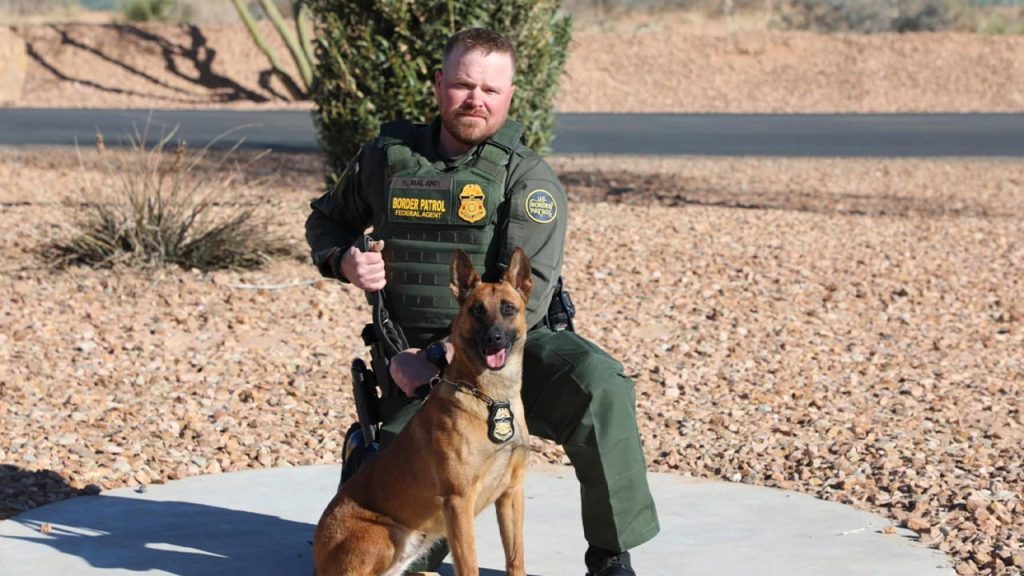The Zizians: A Fringe Group Linked to Violence and Extremism
Introduction to the Zizians and Their Leader
The Zizians, a fringe group named after their leader, Jack Amadeus LaSota, who goes by the nickname "Ziz," have emerged as a concerning force in recent weeks. LaSota, a 34-year-old transgender computer engineer who uses female pronouns, founded the group, which reportedly began on the West Coast. The Zizians gained national attention after a violent incident in Vermont involving a U.S. Border Patrol agent, sparking questions about the group’s ideology and activities. The San Francisco Chronicle reported that the group is primarily composed of vegan activists, blending radical ideologies with a restrictive lifestyle.
The Vermont Shooting: A Deadly Encounter
The Zizians were thrust into the national spotlight after a tragic shootout in Vermont on January 20. The incident involved U.S. Border Patrol Agent David "Chris" Maland and two suspects: German national Felix "Ophelia" Bauckholt and University of Washington student Teresa "Milo" Consuelo Youngblut. The confrontation occurred near the U.S.-Canada border, where Maland and the suspects exchanged gunfire. Both Maland and Bauckholt were killed, while Youngblut was injured and later charged with assaulting a federal agent and using a firearm during the attack.
Court documents revealed that Bauckholt, the registered owner of the vehicle involved, appeared to have an expired visa. Youngblut, who was driving the vehicle, allegedly drew and fired a handgun at Maland without warning. The shootout has raised alarms, as federal prosecutors highlighted that the firearms used in the incident are tied to a person of interest in a double homicide in Pennsylvania. This has led investigators to explore whether the Zizians are part of a broader network of violence.
The Zizians’ Ties to Violence and Extremism
Law enforcement officials are now investigating six deaths linked to associates of Jack LaSota, according to the San Francisco Chronicle. The Zizians’ violent connections have prompted concerns about their ideology and practices. The group’s members reportedly adhere to a strict vegan diet, a restrictive lifestyle that experts say may be part of a broader strategy of control. Dar Dixon, a cult expert and podcast host, has weighed in on the group’s dynamics, describing the Zizians as exhibiting cult-like behavior.
Dixon noted that the group’s focus on sexual identity, dietary restrictions, and emotional control creates an environment ripe for manipulation. "When you mix in the sexual aspect with a restrictive diet, you’re enabling behavior control," he explained. The group’s practices, including potential sleep deprivation and emotional repression, align with tactics used by authoritarian groups to exert influence over their members.
The Cult-like Dynamics of the Zizians
Experts like Dixon have pointed to the Zizians’ adherence to the BITE Model of Authoritarian Control, a framework developed by cult expert Steven Hassan. The model outlines four key components of cult control: behavior, information, thought, and emotional manipulation. Dixon emphasized how the Zizians’ focus on sexual identity and veganism creates a vulnerable population susceptible to manipulation. "You’re dealing with sexuality, sexual identity, and sex," Dixon said. "Anytime you do all those things, you’ve already got someone by the tight and curlies."
The group’s restrictive diet and potential use of sleep deprivation further contribute to its authoritarian atmosphere. Dixon suggested that members may be discouraged from expressing their emotions or questioning the group’s ideology, fostering a culture of obedience and fear. "If you don’t step in line with the party line, you’re immediately reprimanded, sometimes severely, either verbally or physically, or you’re shunned," Dixon explained. This toxic mix of control mechanisms has led many to label the Zizians as a cult.
The Broader Implications of the Zizians’ Actions
The Zizians’ violent click and alleged ties to extremism have raised questions about how such groups operate and expand their influence. While the group’s radical ideology and restrictive practices may seem unconventional, experts warn that these tactics are common among authoritarian groups. The Zizians’ ability to blend activism with extremism highlights the dangers of unchecked radicalization, particularly when combined with manipulative leadership and a culture of control.
As law enforcement continues to investigate the Zizians’ connections to violence, the case serves as a stark reminder of the risks posed by fringe groups. The Vermont shooting and its aftermath have also sparked debates about how to identify and address such groups before they escalate into violence. For now, the Zizians remain a concern, with their blend of extremism, manipulation, and radical ideology casting a shadow over the lives of their members and the communities they touch.












